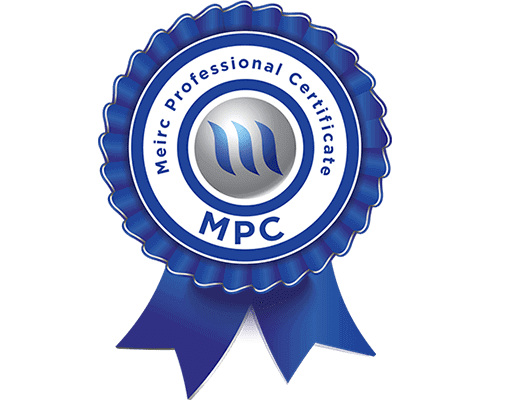
Certified Training Manager
Why Attend
Training departments carry a major responsibility in the organizations which focus on developing employees' knowledge and skills for current and future business needs. Being in charge of a training department requires an understanding of a number of concepts like management, strategy, policies, budget, evaluation and technology. The 'Certified Training Manager' course covers such important topics and provides participants with the knowledge and tools to survive the ever growing demands placed on the training function.





